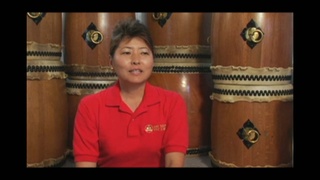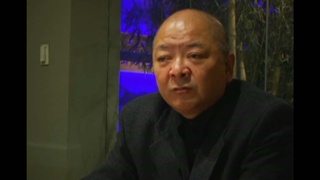Interviews
Changes in the Nikkei Community in Japan (Japanese)
(Japanese) Probably the events that had the biggest impact on the community in recent years were the Lehman Shock and the Tohoku earthquake in 2011. In the cities where a lot of Brazilians and Peruvians concentrated to live, 20 - 30% of Nikkei, in some cases 40%, ended up going back to their home countries. Community activities and ethnic businesses were seriously damaged. For example, many ethnic schools — Brazilian schools for example — went bankrupt or had to close down.
I think that now things have calmed down a bit. If you look at the current data, about 194,000 Brazilians and 48,000 Peruvians currently live in Japan. There are only two or three thousand people from other Latin American countries, so those are the two main groups. There are certainly areas with concentrated Nikkei populations, but they are moving wherever they can find work.
In the past, for example there was a lot of work available in Oizumi machi, but that’s not necessarily the case now. People were getting to be more spread out because they need to make a living, so if they moved where they can find jobs. Nursing or elder care are considered to be stable occupations, so they try to work in that field and move to the area where they can find those jobs
The Japanese government has put a lot of effort into providing Japanese language education for people who work in those fields. They also support for them to receive license easier. For example, if you have N3 level at Japanese Language Proficiency Test, you can become certified for various nursing- and care-related work. For those with a bit higher level Japanese skills, you can also get licenses in more advanced fields like welding and so on. So the government allocate public funds for the above examples and also interpreting services. They provided various supports in the past 7, 8, 10 years.
Date: September 22, 2019
Location: California, US
Interviewer: Yoko Nishimura
Contributed by: Watase Media Arts Center, Japanese American National Museum










